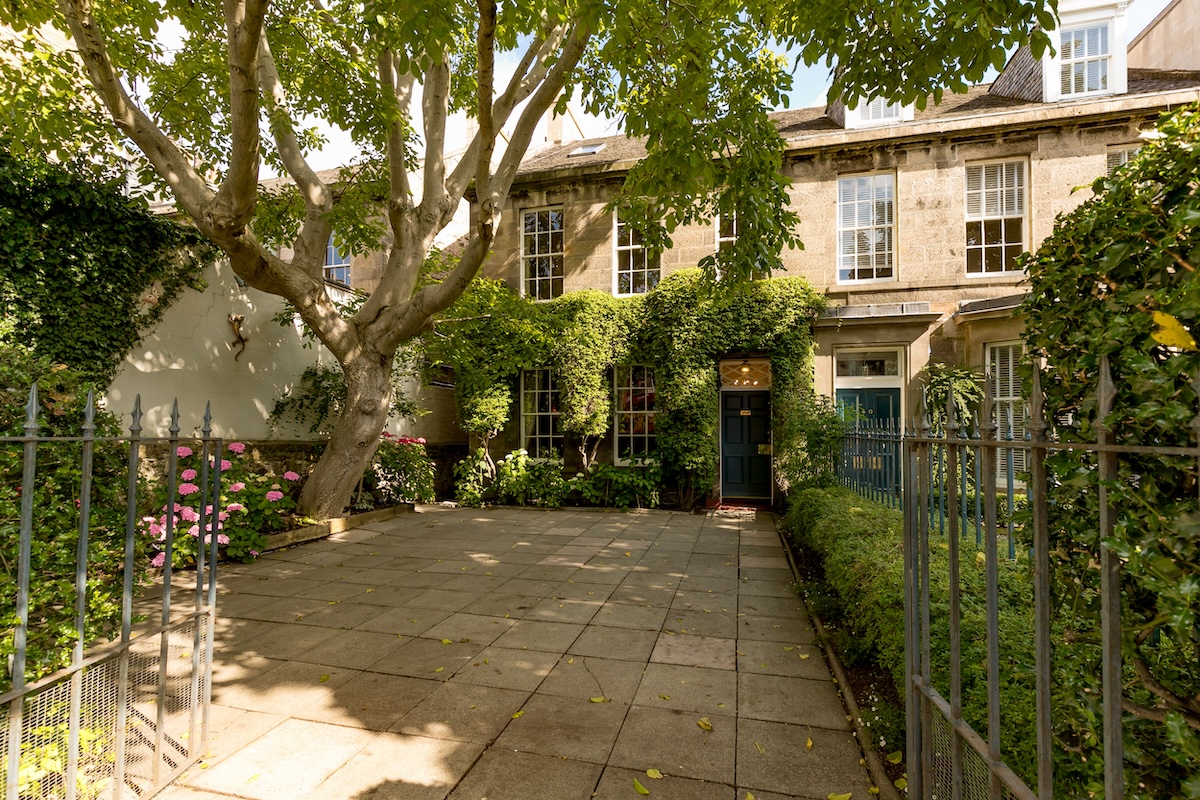Rettie boosts house price forecast but warns of ‘tepid’ market

Raeburn Place, Stockbridge, Edinburgh
Property firm Rettie has raised its 2024 house price forecast by a full 1.5 percentage points, doubling its prediction to 3%, with Rettie’s research unit adjusting its forecast due to the recent reduction in the UK interest rate.
Dr John Boyle, head of research at Rettie, said: “With the Bank of England deciding to keep interest rates at 5%, following the quarter point reduction in August, there is a greater sense of stability in the market and market rate cuts are reducing costs for consumers.
“However, Scotland’s housing market performance is still best described as ‘tepid’, a lukewarm showing as the market continues to adjust to higher interest and mortgage rates that kicked in during Autumn 2022.”
While mortgage rates are now reducing, they are expected to remain above historic levels for some time, meaning the market will still face a headwind. As the wider economy improves more than many anticipated in 2024, forecasts from the Bank of England indicate that the rate of economic growth may slow again next year. Along these lines, Rettie has lowered its house price forecast for 2025 from +4% to +3%.
Dr Boyle added: “In subsequent years, we think that growth will move back closer to a longer term trend of around a 4% annual increase if the economy recovers as anticipated.”
The level of residential property transactions was around 93,000 in 2023, with Rettie forecasting a modest increase this year and a gradual movement towards a longer term trend of around 100,000 sales per year as the economic recovery becomes more established. However, this will be far from the market peak in 2007, when Scotland achieved over 150,000 house sales.
In the Scottish rental market, the number of new listings continues to fall, highlighting the demand/supply imbalance. While rent rises are cooling in Scotland’s main cities in 2024, this is on the back of substantial double-digit rises stemming from when the rent freeze was first announced two years ago.
Rettie has concerns that the proposals by the Scottish Government to deal with rent pressures contained in the Housing Bill that is currently making its way through the Scottish Parliament, which would see a strict rent control regime managed by local authorities, could have the unintended consequence of further squeezing supply and adding to Scotland’s housing crisis.
Dr Boyle said: “The rental market remains buoyant in terms of demand but there are real concerns about the direction of Government legislation.”
On the build-to-rent (BTR) market, which is capable of producing significant levels of new housing supply, Rettie has also expressed concern that the Housing Bill will deter future investment.
Dr Boyle concluded: “Unfortunately, there has been very minimal levels of BTR investment in Scotland since the rent freeze was put in place even though it has now been lifted.
“The possibility of the introduction of another stringent system of rent controls is deterring pension funds from investing in Scotland’s housing.”





















